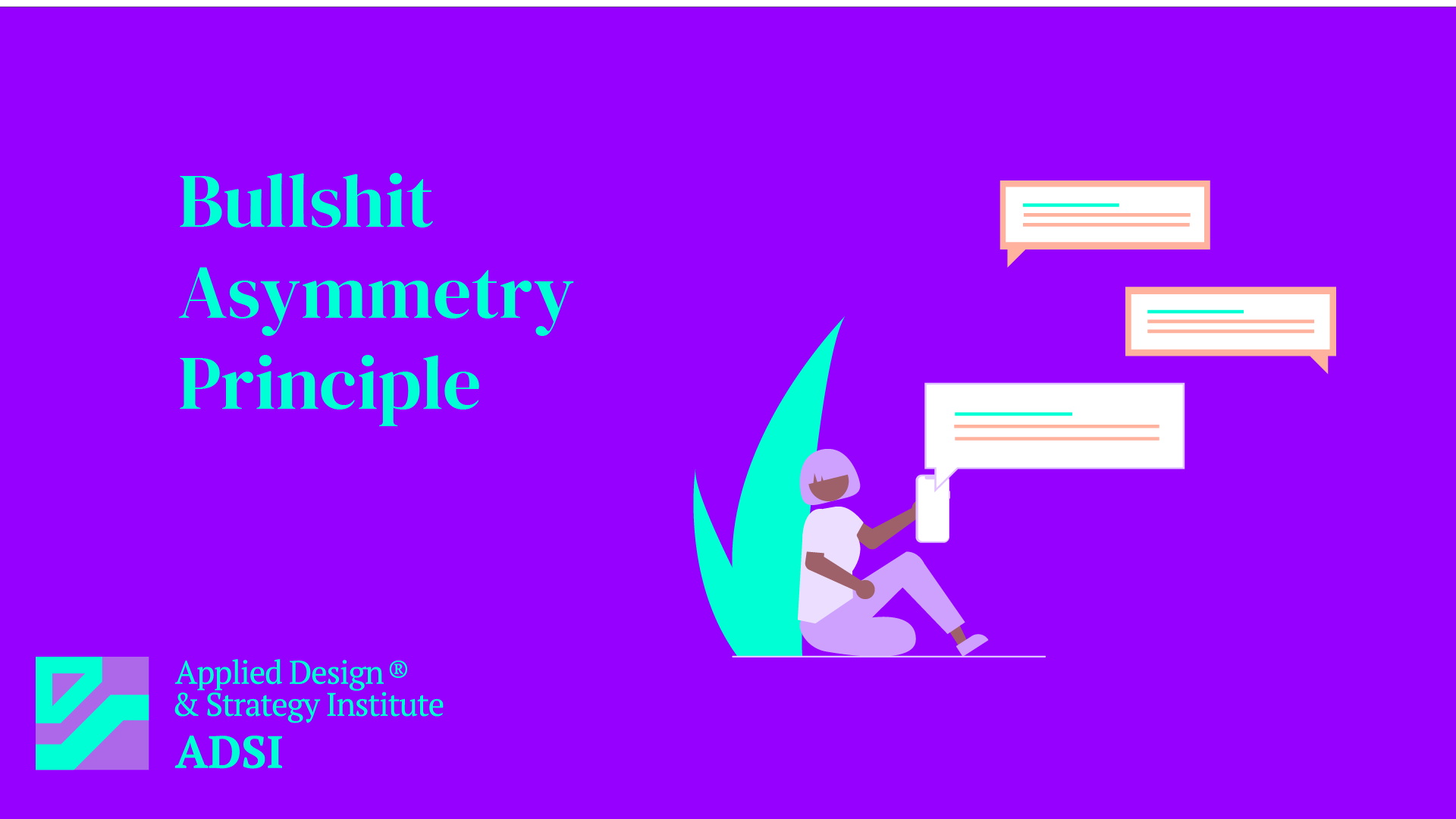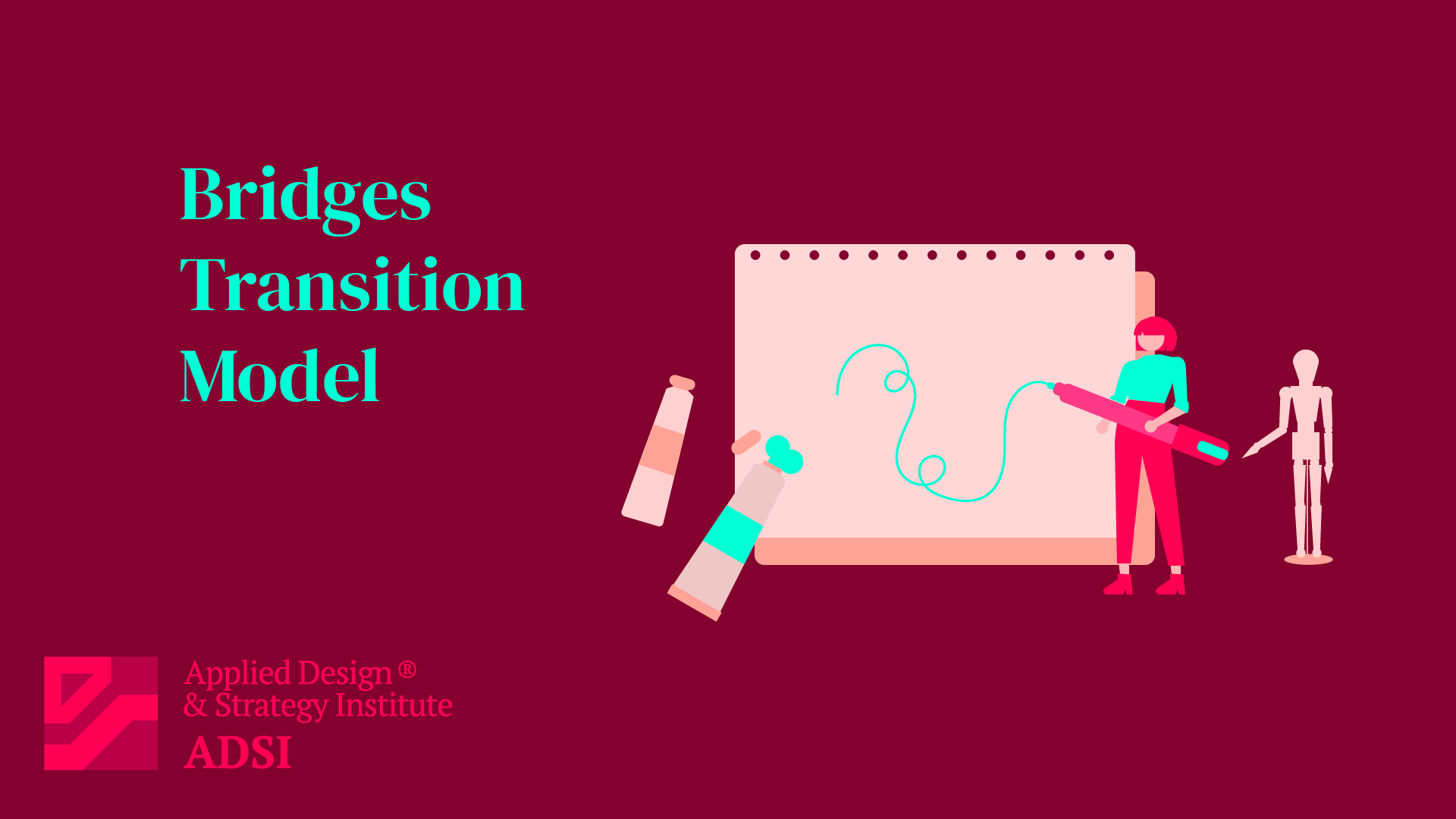Conceptual Selling
Conceptual Selling: Enhancing Customer Interactions in Sales Introduction Conceptual Selling is a methodology that shifts the focus from the seller’s product to the customer’s needs and concepts. Developed by Robert B. Miller and Stephen E. Heiman, this approach emphasizes understanding customer problems and providin
Comparable Transactions Valuation
Comparable Transactions Valuation: A Key Tool in Financial Analysis Introduction Comparable Transactions Valuation, also known as “Comps”, is a method used in finance to value a business, asset, or company. This approach involves comparing the company to other businesses that have recently been sold or valued, taking
CHAMP Methodology
CHAMP: Championing Sales through Customer-Centric Methodology Introduction CHAMP is a sales methodology that focuses on understanding and addressing customer needs. It stands for Challenges, Authority, Money, and Prioritization, representing key areas to explore in the sales process. CHAMP is designed to align sales efforts with
CATWOE Technique
CATWOE Technique: A Tool for Systems Thinking and Problem Solving Introduction The CATWOE Technique is a framework used in systems thinking and problem-solving, particularly in the context of business analysis and management. Developed by Peter Checkland as a part of his Soft Systems Methodology, CATWOE helps in understanding wh
CAGE Framework for Market Entry
CAGE Framework: Navigating International Business and Strategy Introduction The CAGE Framework, developed by Pankaj Ghemawat, is a tool used in international business to assess the distance between countries. CAGE is an acronym for Cultural, Administrative, Geographic, and Economic distances. This framework aids businesses in un
Business Model Canvas
Business Model Canvas: A Tool for Strategic Management and Lean Startups Introduction The Business Model Canvas (BMC) is a strategic management tool that allows organizations to visualize, design, and reinvent their business models. Developed by Alexander Osterwalder and Yves Pigneur, the BMC provides a clear, concise way to und
Bureaucracy and Max Weber
Bureaucracy: Max Weber’s Enduring Vision Introduction Max Weber, a towering figure in sociology and public administration, provided one of the most influential analyses of bureaucracy. His vision of bureaucracy, while critiqued and debated over the years, remains a cornerstone in understanding modern organizational structu
Bullshit-Asymmetry Principle
Bullshit-Asymmetry: Navigating the Uneven Landscape of Misinformation Introduction In an era overwhelmed with information, the concept of ‘bullshit-asymmetry’ emerges as a critical tool for understanding the disproportionate effort required to refute nonsense compared to the ease of producing it. This principle, ofte
Bridges Transition Model
The Bridges Transition Model, created by William Bridges, focuses on the psychological transitions associated with change, rather than the change itself. It comprises three stages: Advantages: Shortcomings: Examples: In practical applications, the model assists individuals and organizations in navigating through change more effe
Bowman’s Strategic Clock
Bowman’s Strategic Clock is a framework in strategic management for analyzing and positioning a company’s product or service offerings based on two dimensions: price and perceived value. Developed by Cliff Bowman and David Faulkner, this model outlines eight potential strategies, each located at a different position











